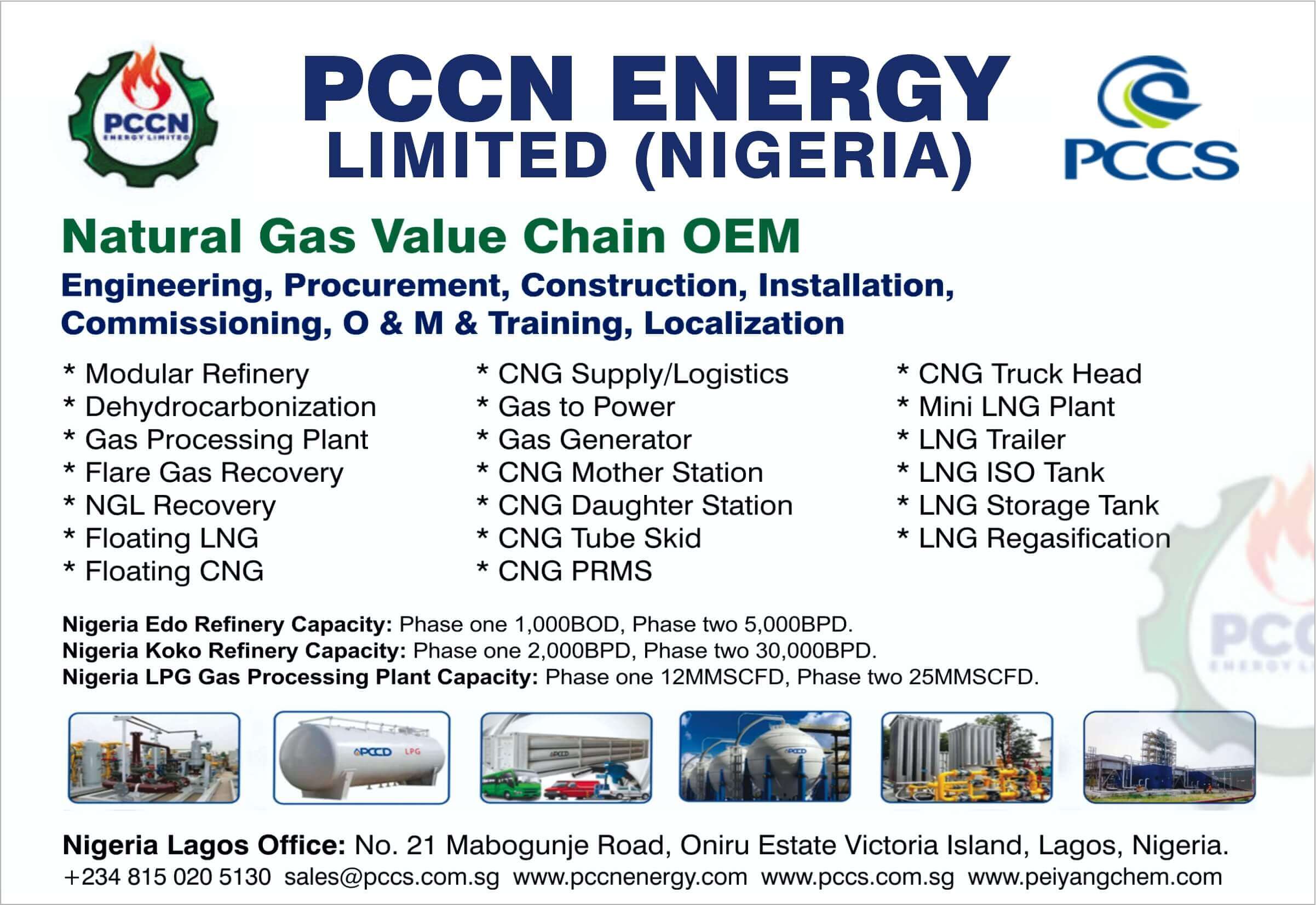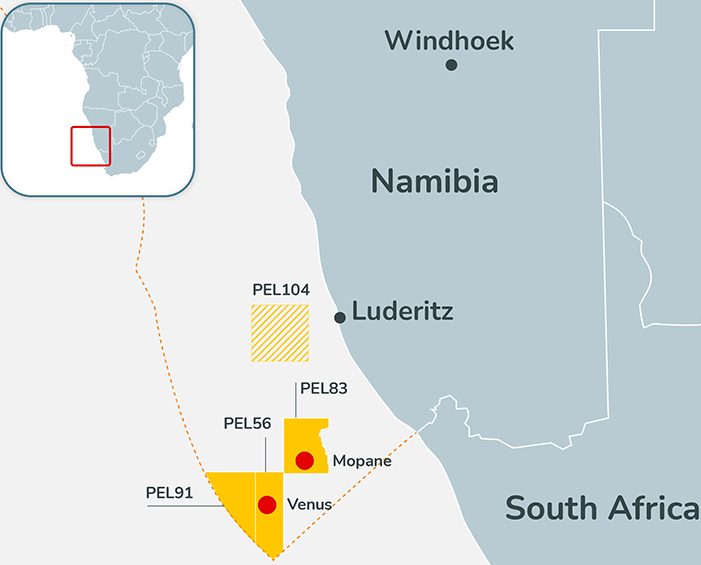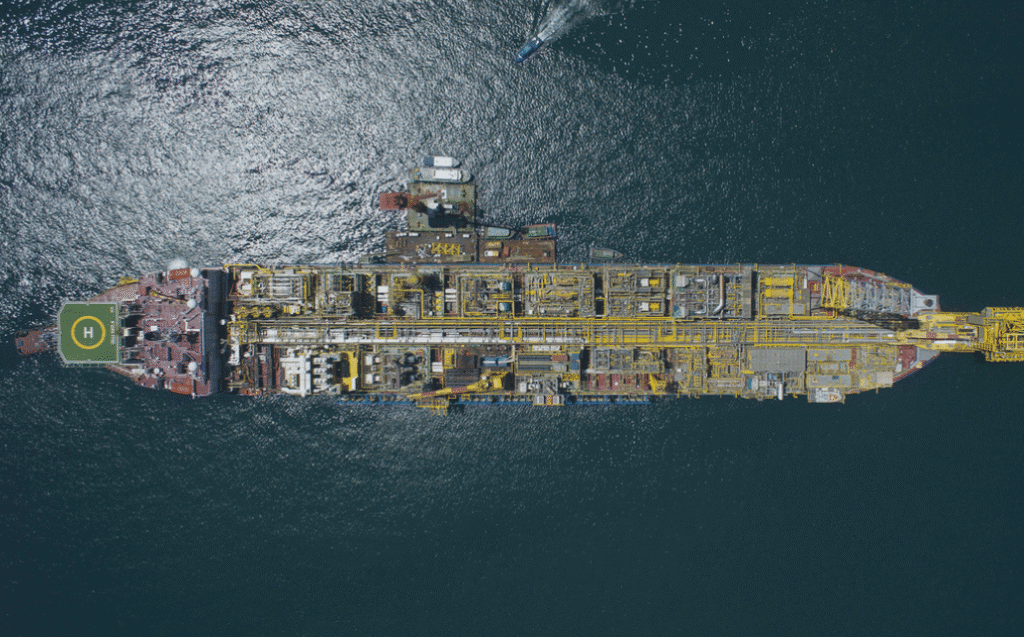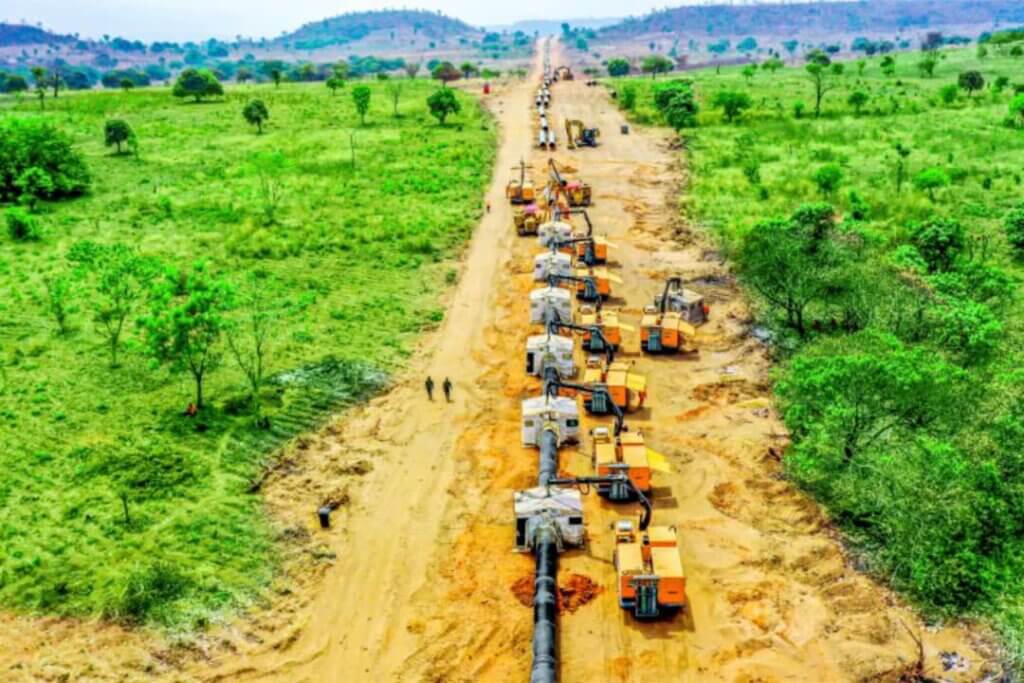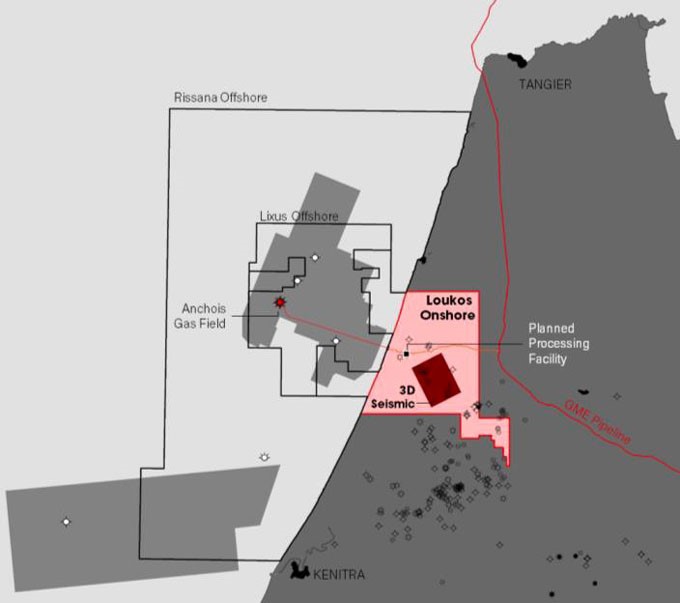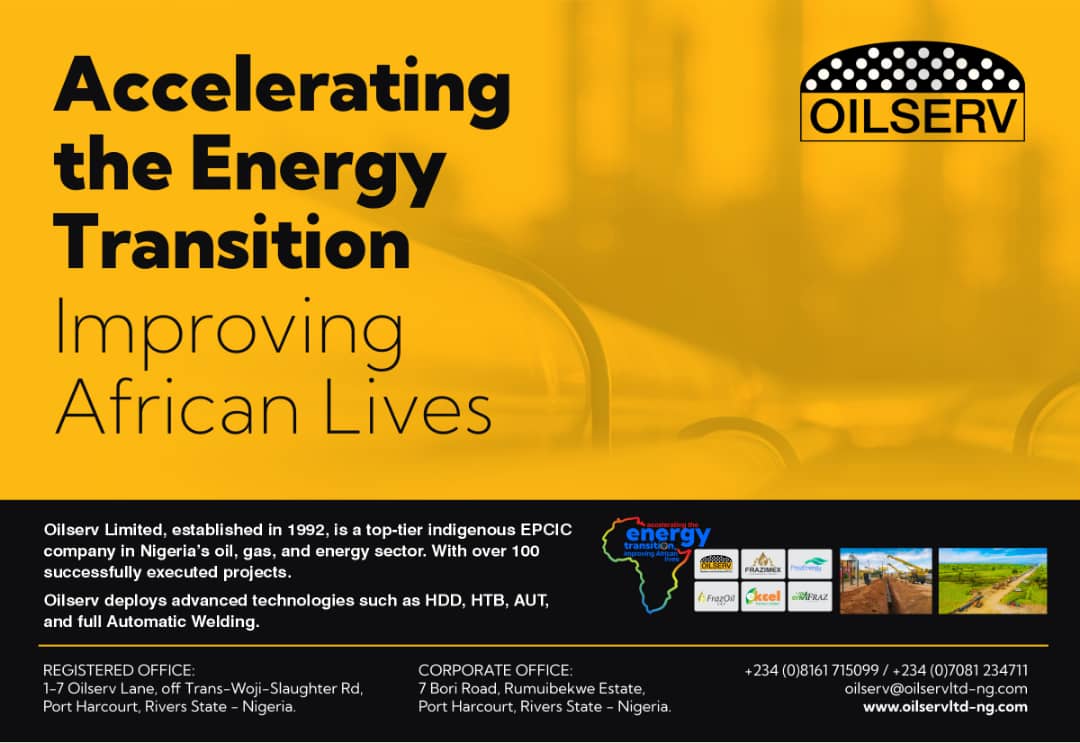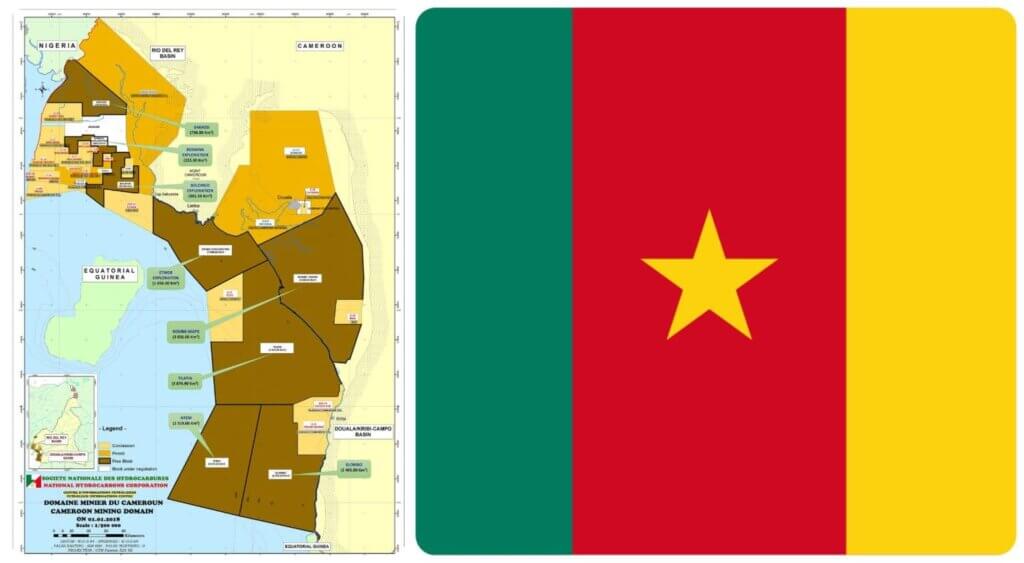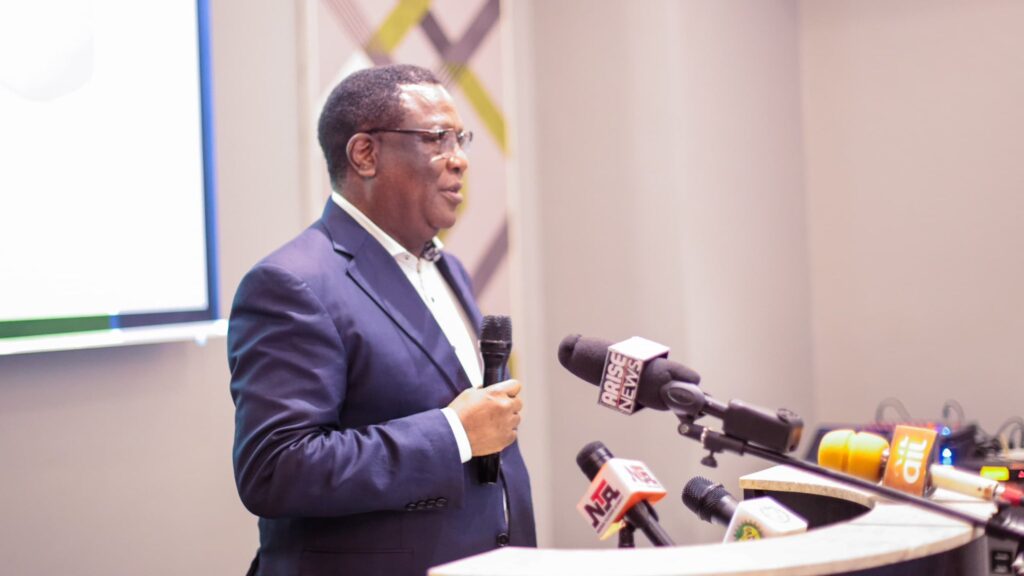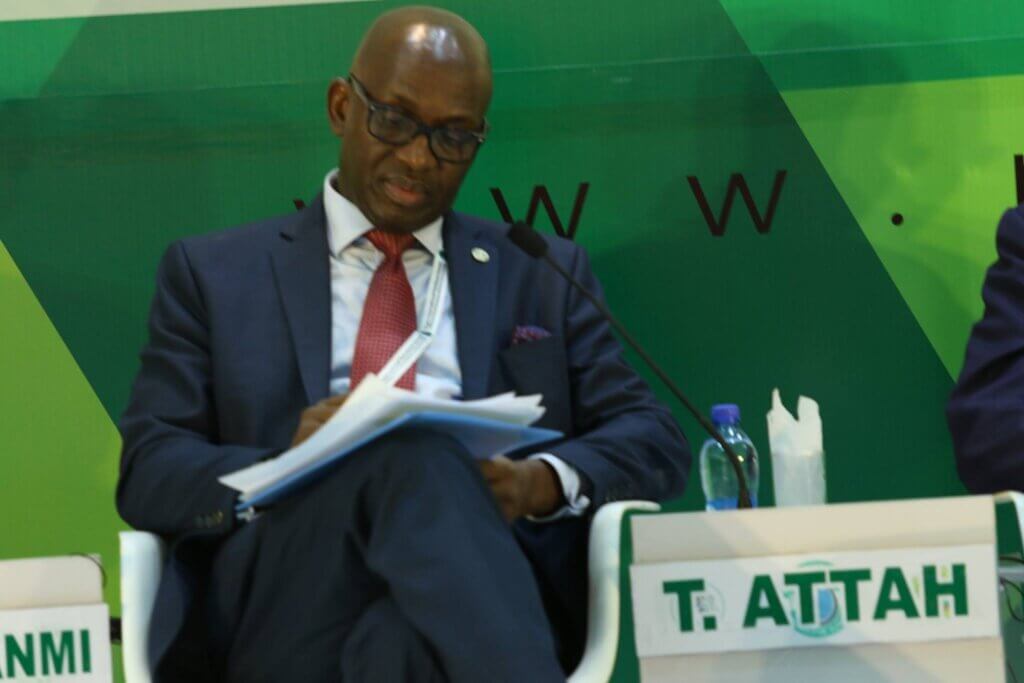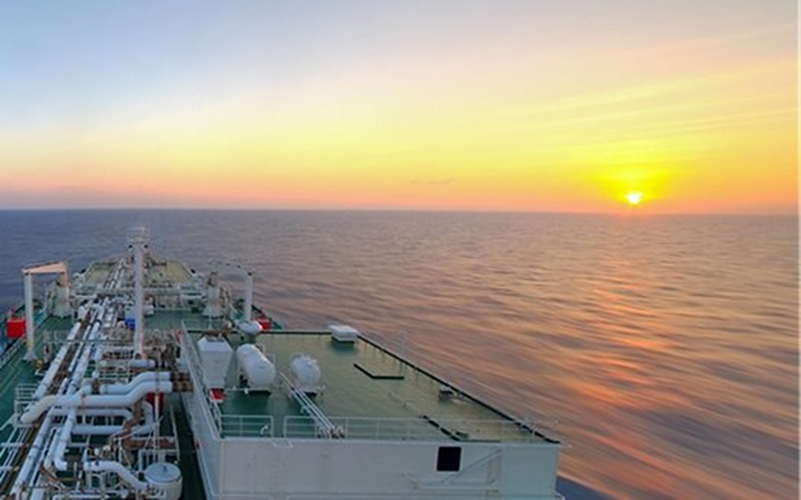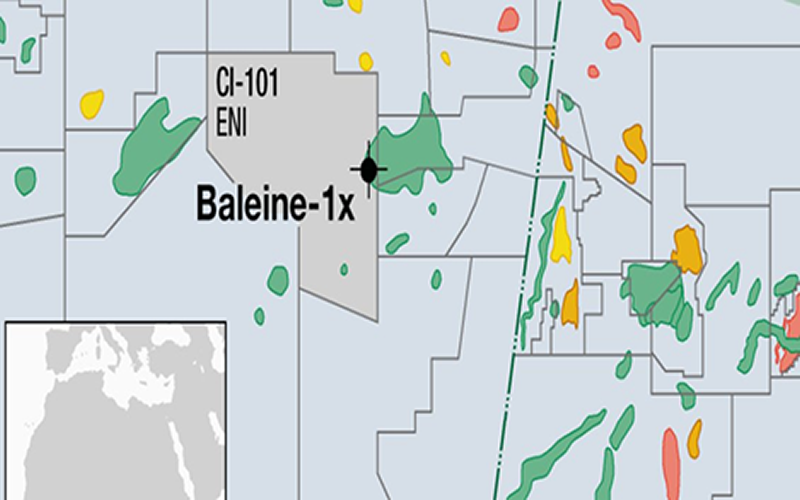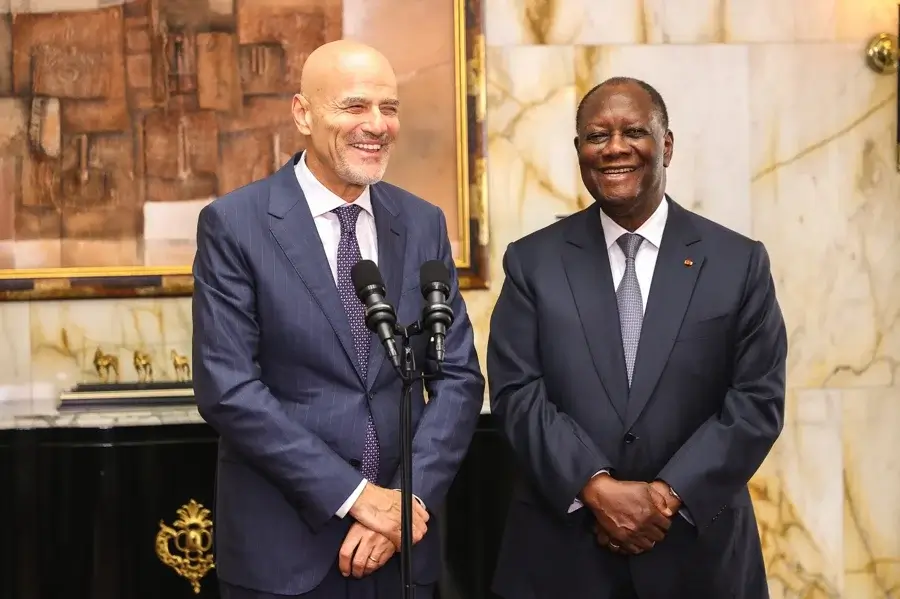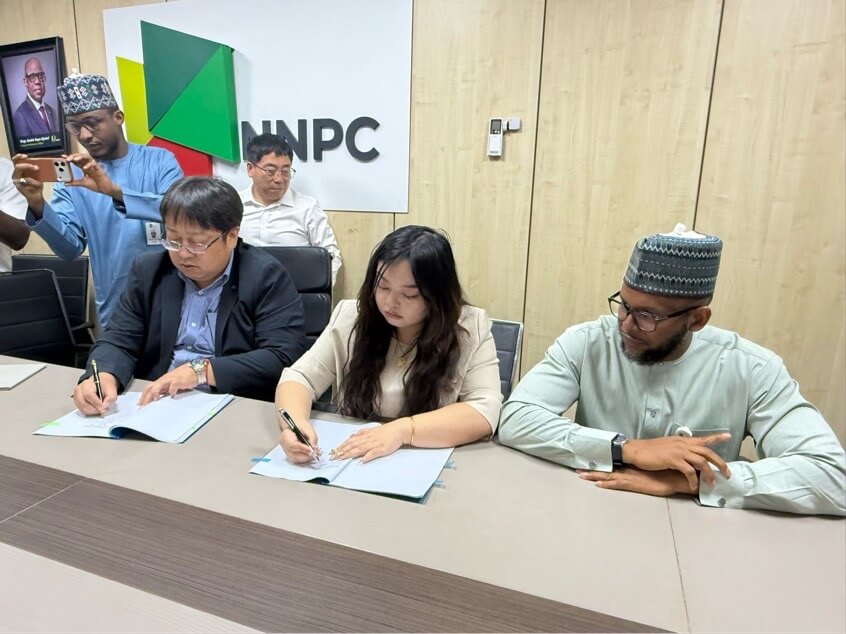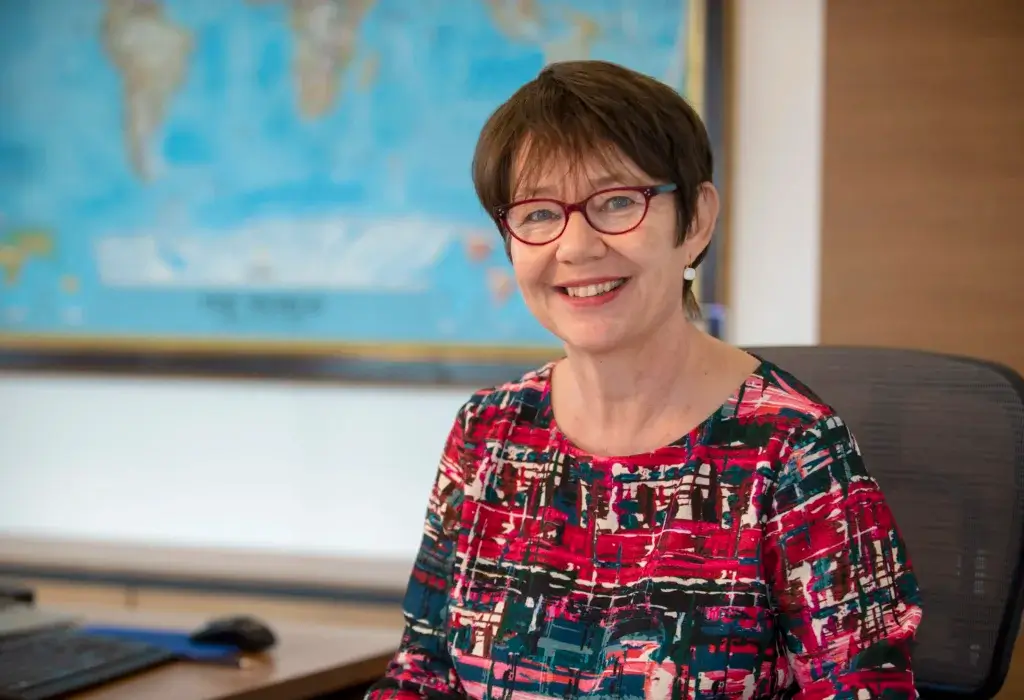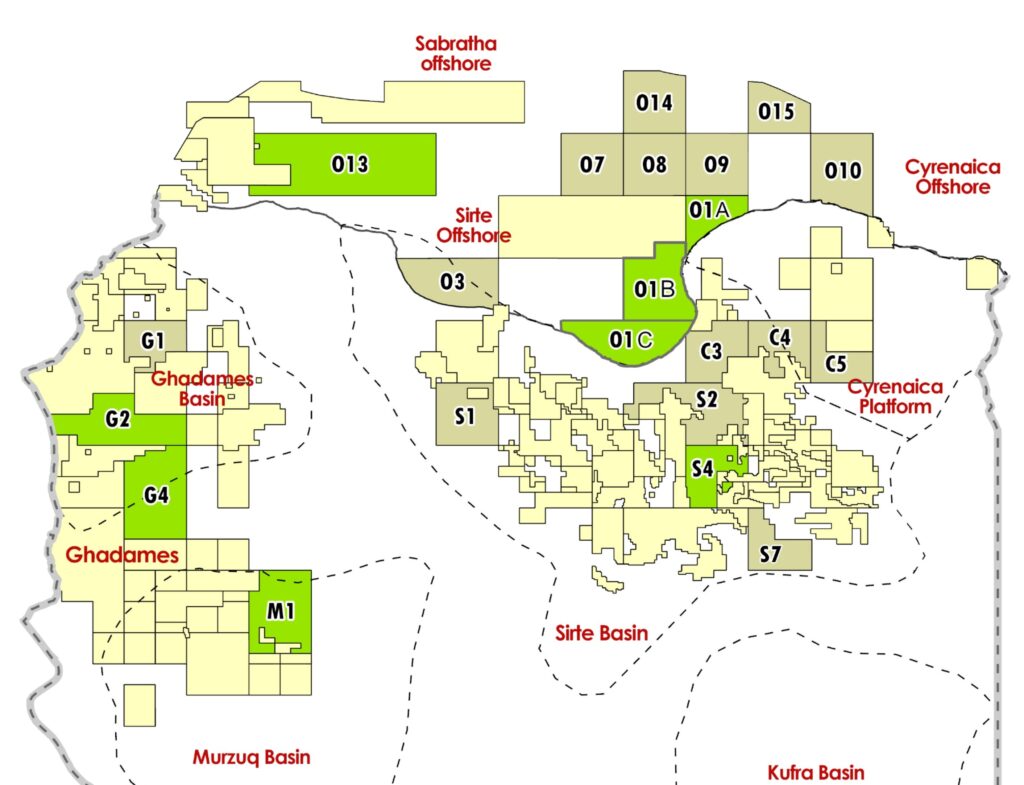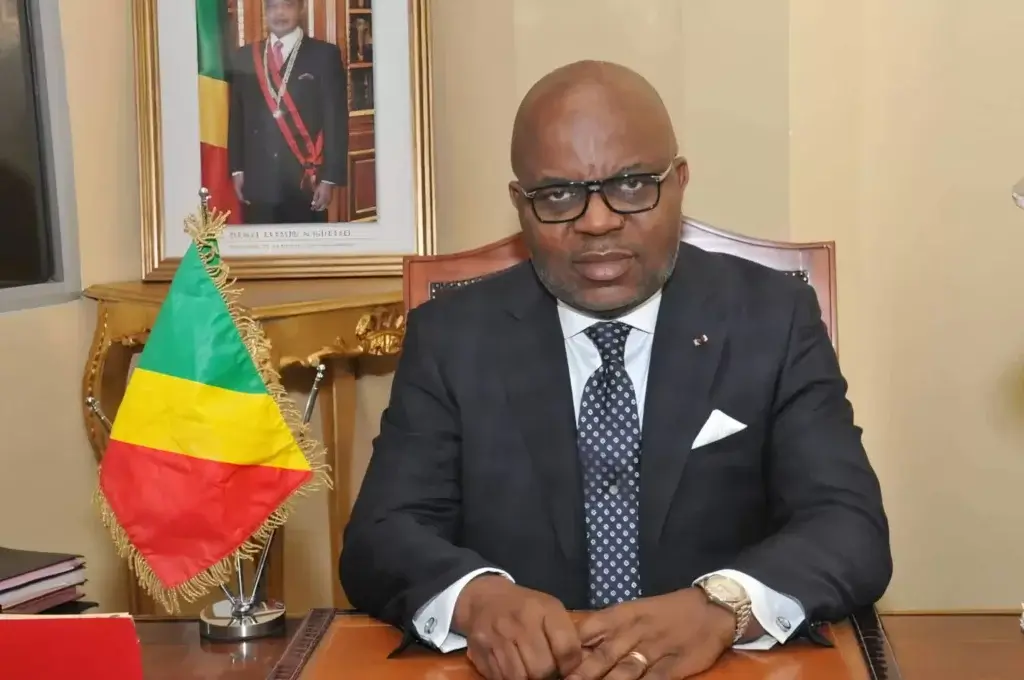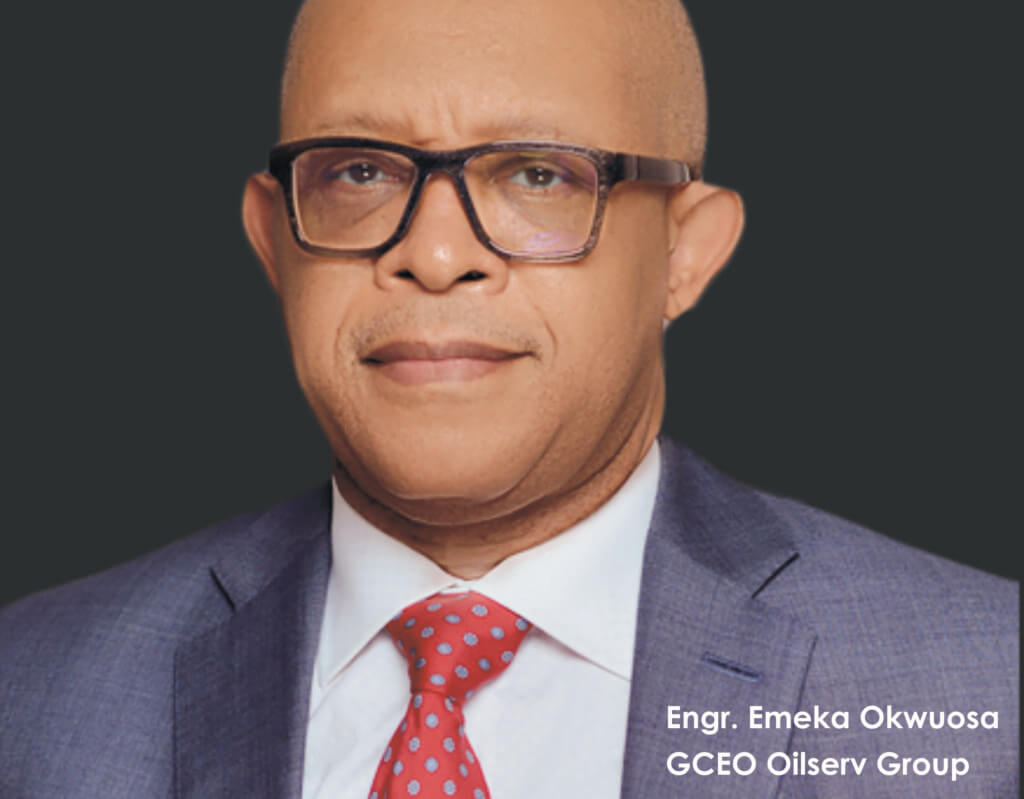
With plans currently underway to restart construction of the delayed $20 billion Mozambique LNG project, which has the potential to produce 13.1 million tons of LNG for domestic use per year, there has never been a more important time to prioritize peace and stability in Mozambique. Following the outcome of the country’s 2024 general election, protest violence has shaken the country, leading to turmoil and instability. Serving as the voice of the African energy sector and a strong advocate for the prosperity of Mozambique, the African Energy Chamber (AEC) stands in full support of the country’s government and calls for peace, stability and sustainable development as the country enters its new era of energy growth.
Following the discovery of significant natural gas deposits off Mozambique’s northern coast in 2010, expectations for the country’s economic prosperity skyrocketed. A previous IMF report forecasted $500 billion in total revenue by 2045 and an average real GDP growth rate of 24% from LNG exports between 2021 and next year. Energy majors TotalEnergies, ExxonMobil and Eni are developing integrated LNG projects, while new upstream companies enter the market and gas-to-power developments approach completion.
Projects like Coral Sul LNG, the Rovuma LNG facility and the Temane Gas-to-Power Plant have the potential to draw in trillions of dollars in investment and revenue while providing stable energy to upwards of 2 million families by 2030. These developments are not only a triumph for international investors; they’re also a triumph for Mozambique. The country represents one of the most dynamic gas markets on the African continent, in which its vast offshore gas reserves could make it one of the top ten producers globally and responsible for up to 20% of Africa’s production by 2040.
Geopolitically, these industrialization efforts have the potential to benefit the wider southern African region and can transform the country into an energy hub for neighboring countries like Zimbabwe, Tanzania, Zambia, Malawi, Eswatini and South Africa. What’s more, a 2,700-km coastline on the Indian Ocean makes the country a gateway for vessels voyaging the longitudinal hemisphere, allowing Mozambique to specialize in efficient, global energy production while diversifying access to low-priced, high-quality goods from markets in Asia , India, Europe and America.
For Mozambique to realize its vast potential, however, it is critical that the country remains firmly committed to political stability and sustainable development. A peaceful and stable environment is the foundation upon which the international community can confidently build long-term partnerships, ensuring that the immense opportunities presented by the development of its natural resources and translate into tangible benefits for all.
Mozambique’s journey toward becoming a leading energy producer is intertwined with its ability to foster unity, promote security and uphold democratic principles and a sustained commitment to peace will not only reassure international investors, but also empower the country in a way that drives broad-based prosperity for its people and secure its role as a key player in Africa’s energy future.
“Peace and stability are essential for Mozambique to unlock its vast economic potential. As the country emerges as a global energy hub, the international community’s confidence hinges on a secure, unified nation. A commitment to peace will not only ensure the success of multi-billion-dollar energy projects but also secure long-term prosperity, driving sustainable growth for Mozambique and the entire southern African region. To do this, the government must find common ground and terms reach that translate to long-term benefit for the entire population of the country,” states AEC Executive Chairman NJ Ayuk.
For the sake of Mozambique’s prosperity, social wellbeing and economic development, the AEC calls on the government and opposition to strike a balance and commit itself to post-colonial and post-war stability. Mozambique stands at a crossroads; one path leads to further instability, while the other has the potential to transition the country into a trusted partner in the global energy community.
























